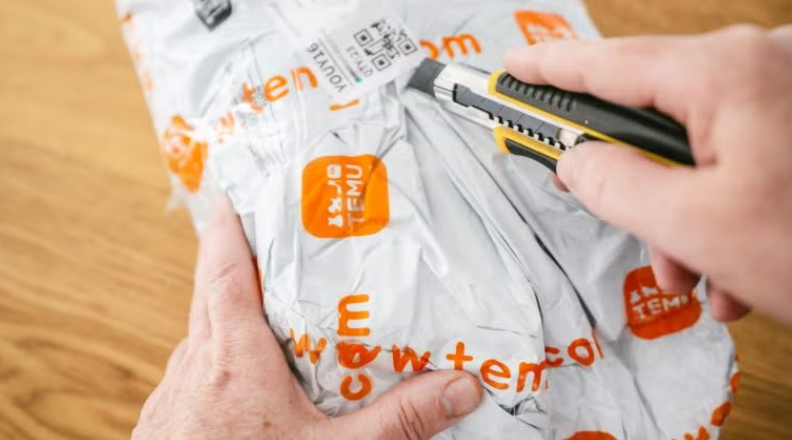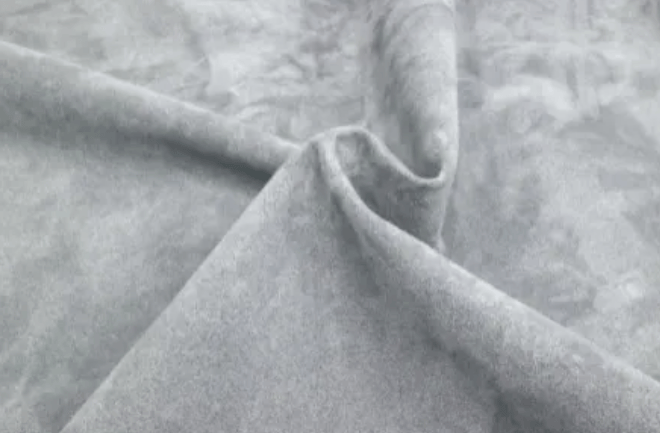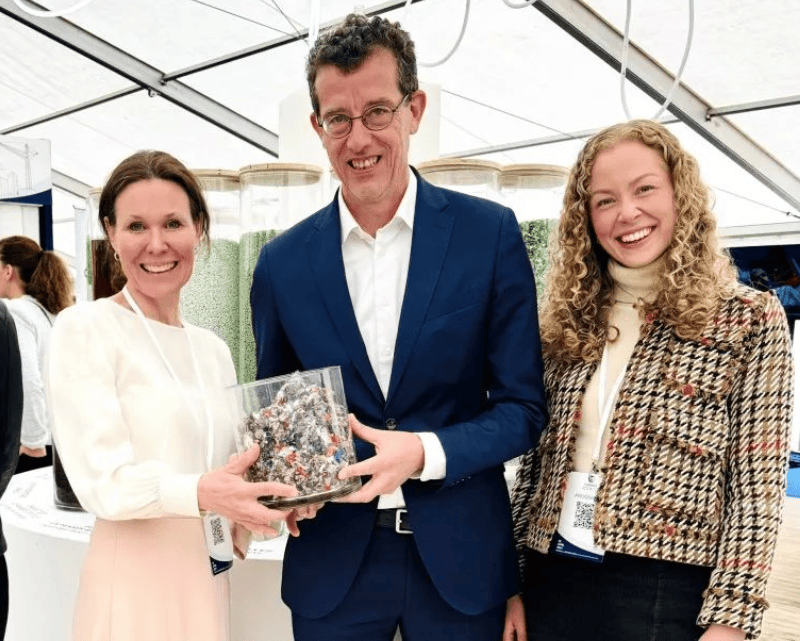Wedoany.com Report-Nov. 26, The UK Government has confirmed plans to abolish the de minimis import duty exemption for low-value parcels, currently set at £135. The change will not take effect until at least March 2029 to allow time for new customs systems to be developed and implemented smoothly.
"As ultra-cheap fashion floods the market, these charities are being pushed out – and with them, the essential social programmes they sustain."
Under the existing rule, shipments valued at £135 or less enter the UK free of import duties and often with minimal VAT collection. Parcels above this threshold may face duties of up to 25 percent. More than 1.6 million such parcels arrive daily, many from overseas online retailers offering very low-priced goods.
The decision follows a Treasury review launched earlier this year and aims to create fairer competition for domestic retailers. Chancellor Rachel Reeves stated: "I'm backing Britain's high streets and the businesses that power them. It’s time to make sure our local shops can compete fairly with overseas sellers and keep driving growth and good jobs across the UK."
A phased approach was chosen to avoid immediate disruption at borders and to give logistics providers and businesses time to adapt. A public consultation on the design of the new arrangements for low-value imports will begin soon, with detailed proposals to follow in the coming months.
The announcement has been welcomed by UK retailers and second-hand clothing organisations, which argue the current exemption gives an unfair advantage to ultra-fast fashion platforms that ship large volumes of inexpensive items.
In an open letter to the government, Steven Bethell, founder of Bank & Vogue and co-founder of Beyond Retro, urged swift action, highlighting the broader impact on sustainable fashion and charitable organisations. He wrote: "We are keen to compete, but it has to be on a level playing field. Those of us who are paying taxes, following the rules, and investing in sustainable fashion innovation are being placed at a clear disadvantage."
Bethell added: "So many amazing charities across the UK raise funds through second-hand clothing. As ultra-cheap fashion floods the market, these charities are being pushed out – and with them, the essential social programmes they sustain."
He further noted concerns about some overseas retailers funding campaigns that misrepresent the environmental benefits of second-hand clothing, stating: "This is not just about fairness in trade. It's about the integrity of our fashion system, the survival of our charities, and the future of a circular economy built on responsibility and reuse."
The removal of the exemption is expected to support local businesses, strengthen tax collection on imported goods, and contribute to a more balanced and sustainable retail environment across the United Kingdom.












